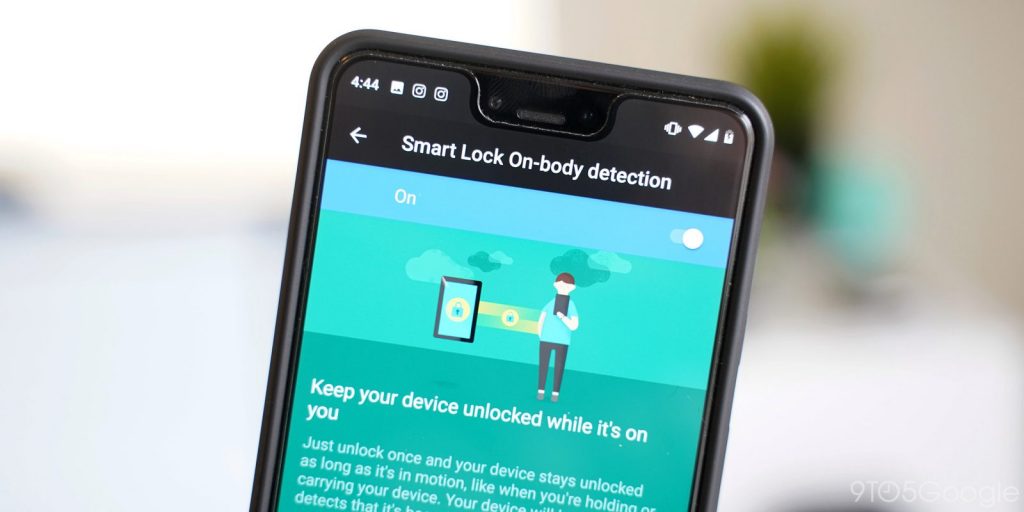Implicit authentication (IA) has recently become a popular approach for providing physical security on smartphones. It relies on behavioral traits (e.g., gait patterns) for user identification, instead of biometric data or knowledge of a passcode. However, it is not yet known whether users can understand the semantics of this technology well enough to use it properly.
Masoud Mehrabi Koushki, a PhD candidate in my research group led a collaboration with Samsung Research, in which we bridged this knowledge gap by evaluating how Android’s Smart Lock (SL) is understood by its users. We conducted a qualitative user study and an online survey. The results suggest that users often have difficulty understanding SL semantics, leaving them unable to judge when their phone would be (un)locked. We found that various aspects of SL, such as its capabilities and its authentication factors, are confusing for the users. We also found that depth of smartphone adoption is a significant antecedent of SL comprehension.
To find more, watch Masoud’s presentation of our study at the conference or read the paper.
Masoud Mehrabi Koushki, Borke Obada-Obieh, Jun Ho Huh, Konstantin Beznosov. On Smartphone Users’ Difficulty with Understanding Implicit Authentication. Proceedings of the ACM CHI Conference on Human Factors in Computing Systems (ACM CHI’21), 2021.


